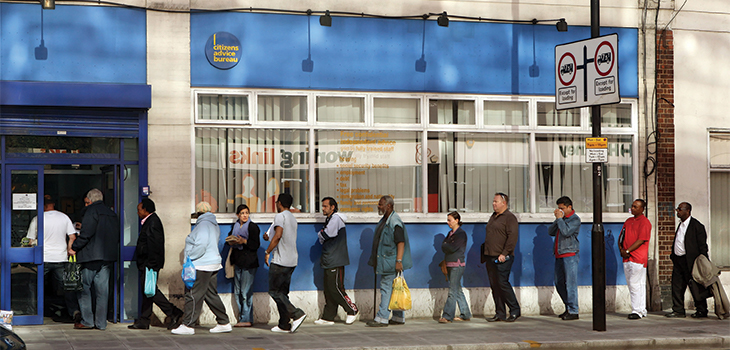
Few would dissent from the proposition that technology is changing our world—from online shopping to the application of artificial intelligence. And there would be similarly little opposition to the observation that technology is, more specifically, changing the practice of commercial law. Just look at the investment that firms like Allen & Overy are making in their own in-house innovation hubs to anticipate developments in the law tech market.
By contrast, the impact of technology on access to justice is much less clear. This article is the first of four to look at this issue. It covers some of the general issues. Three subsequent pieces will cover separate elements—legal practices focusing on clients with low incomes; the not-for-profit sector; and the courts.
Patchwork funding
Part of the obscurity comes just from the concept of ‘access to justice’ itself. This is a handy, ‘you know what I mean’ kind







.tmb-mov69x69.jpg?sfvrsn=3d1684d4_1)

